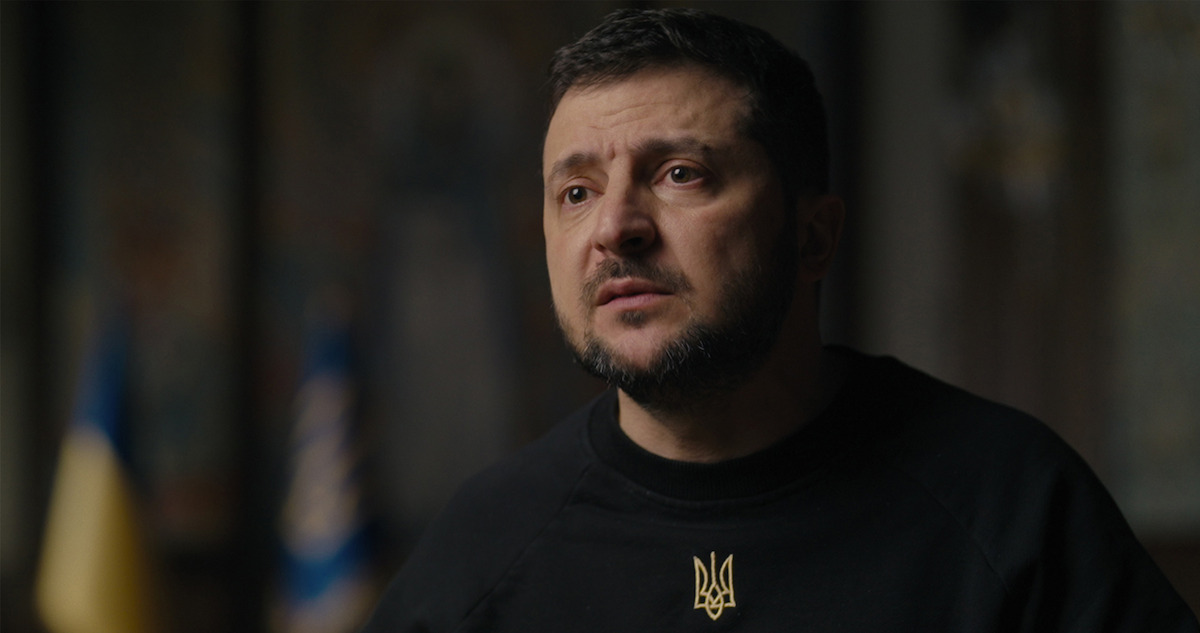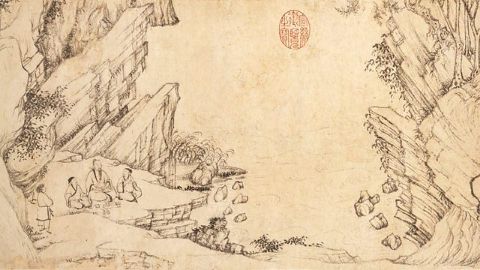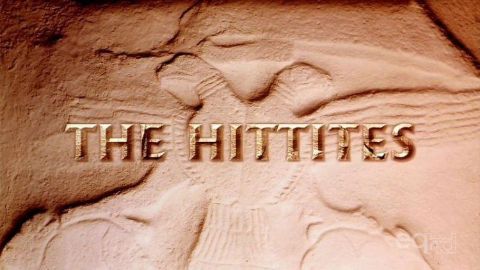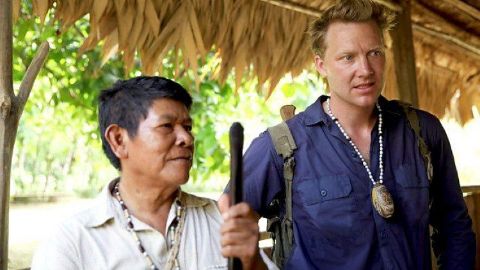Buddha • 2015 • episode "Part 1" • Genius of the Ancient World
Historian Bettany Hughes investigates the ideas of ancient philosophers, starting with the Indian nobleman Siddhartha Gautama, more popularly known as Buddha. Thought to have been lived and tought between the sixth and fourth centuries BC, the sage and holy man inspired a diverse belief system that influences the lives of millions of people to this day. She travels to India, where Buddha experienced the challenging ideas and extreme methods of wandering `truth seekers', after he had abandoned his family and homeland in the Himalayas to embark on his philosophical quest to find a solution to human suffering.
Make a donation
Buy a brother a hot coffee? Or a cold beer?
Hope you're finding these documentaries fascinating and eye-opening. It's just me, working hard behind the scenes to bring you this enriching content.
Running and maintaining a website like this takes time and resources. That's why I'm reaching out to you. If you appreciate what I do and would like to support my efforts, would you consider "buying me a coffee"?
Donation addresses
BTC: bc1q8ldskxh4x9qnddhcrgcun8rtvddeldm2a07r2v
ETH: 0x5CCAAA1afc5c5D814129d99277dDb5A979672116
With your donation through , you can show your appreciation and help me keep this project going. Every contribution, no matter how small, makes a significant impact. It goes directly towards covering server costs.








